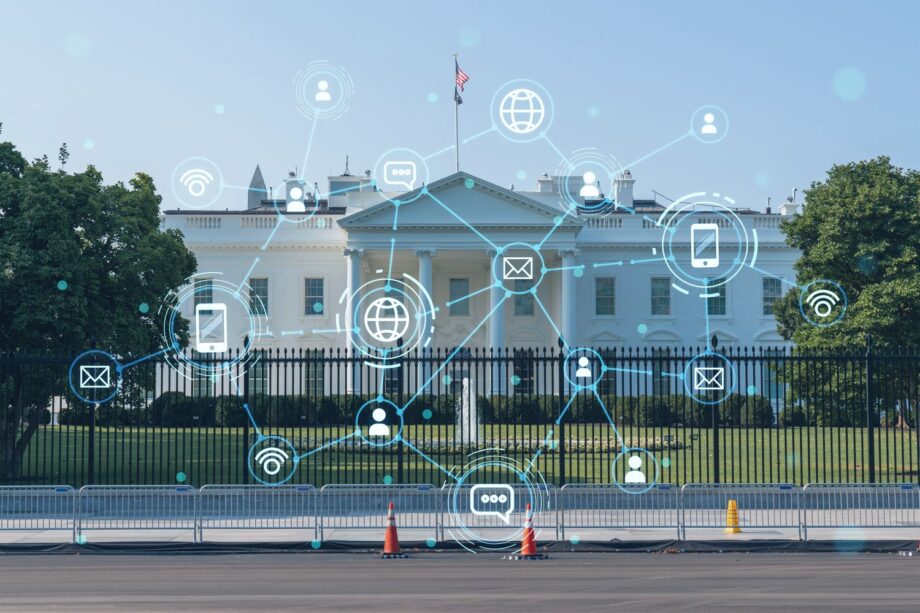- Nearly $100 million in commitments announced by the Biden Administration, government, academia, and civil society to enhance federal tech hiring and promote public interest tech.
- Funding details include $48 million from the National Science Foundation for programs like ExLENT and ReDDDoT to support diverse learners in emerging tech fields and embed ethical considerations in technology development.
- Department of Defense, with support from OMB and OSTP, will launch a Trusted Advisors Pilot program to provide AI and tech experts for agency hiring needs and support Biden’s executive order on AI.
- Philanthropic organizations like Ford Foundation and Siegel Family Endowment are contributing over $40 million to advance public interest technology and develop a national infrastructure for technology talent.
- Academic partners like Georgetown University, University of Michigan, and New York University are involved in programs strengthening pathways into public service and promoting inclusive computing.
Overview of Federal Tech Hiring Initiatives
In a significant move to bolster the federal government’s tech talent pool, the Biden Administration has unveiled a groundbreaking commitment of nearly $100 million from various sectors. This funding aims to enhance federal tech hiring practices and foster the growth of the public interest technology ecosystem. The announcement, made by the White House Office of Science and Technology Policy (OSTP), underscores the pressing need to harness emerging technologies effectively for public benefit.
Significance of Federal Tech Hiring Investments
The infusion of $96 million in commitments from government, academia, and civil society reflects a concerted effort to leverage diverse expertise in navigating complex technological landscapes. OSTP Director Arati Prabhakar emphasizes the importance of integrating fresh perspectives and cutting-edge technology know-how into government operations. This infusion of talent is essential for not only advancing technological capabilities but also ensuring ethical and effective utilization of these innovations for public purposes.
Breakdown of Funding Allocation
The funding will be sourced from nearly 20 entities, with the National Science Foundation (NSF) leading the way with a substantial $48 million contribution. A significant portion of this funding, amounting to $32 million, will be directed towards expanding the Experiential Learning in Emerging and Novel Technologies (ExLENT) program. This initiative aims to provide inclusive experiential learning opportunities for diverse learners to excel in emerging tech fields.
Related Video

Additionally, a minimum of $16 million will be allocated to the Responsible Design, Development, and Deployment of Technologies (ReDDDoT) program. This program focuses on embedding ethical, legal, and societal considerations throughout the technology lifecycle to promote responsible innovation and deployment.
Collaborative Efforts and Philanthropic Support
Beyond government funding, philanthropic organizations like the Ford Foundation and the Siegel Family Endowment are stepping up to support public interest technology initiatives. The Ford Foundation’s commitment of over $20 million underscores its dedication to advancing public interest technology. A notable portion of this donation, amounting to $1.5 million, will focus on establishing a public interest technology institute at a Historically Black College or University (HBCU) and supporting academics specializing in AI and civil rights.
Moreover, the Siegel Family Endowment’s $20 million contribution includes a significant allocation of $10 million towards developing a national infrastructure for technology talent and field coordination programs. Collaborative efforts between organizations like the Ford Foundation, Patrick J. McGovern Foundation, Pivotal, and Siegel Family Endowment are pooling resources to strengthen pathways into public service through programs like Coding it Forward and the Center for Inclusive Computing at Northeastern University.
Academic institutions such as Georgetown University, the University of Michigan, and New York University are also key partners in advancing public interest technology and fostering a robust pipeline of tech talent for federal agencies.
As the federal government prioritizes enhancing its tech hiring practices, these collaborative initiatives and investments are poised to drive innovation, ethics, and inclusivity in the public sector’s utilization of emerging technologies.
Links to additional Resources: